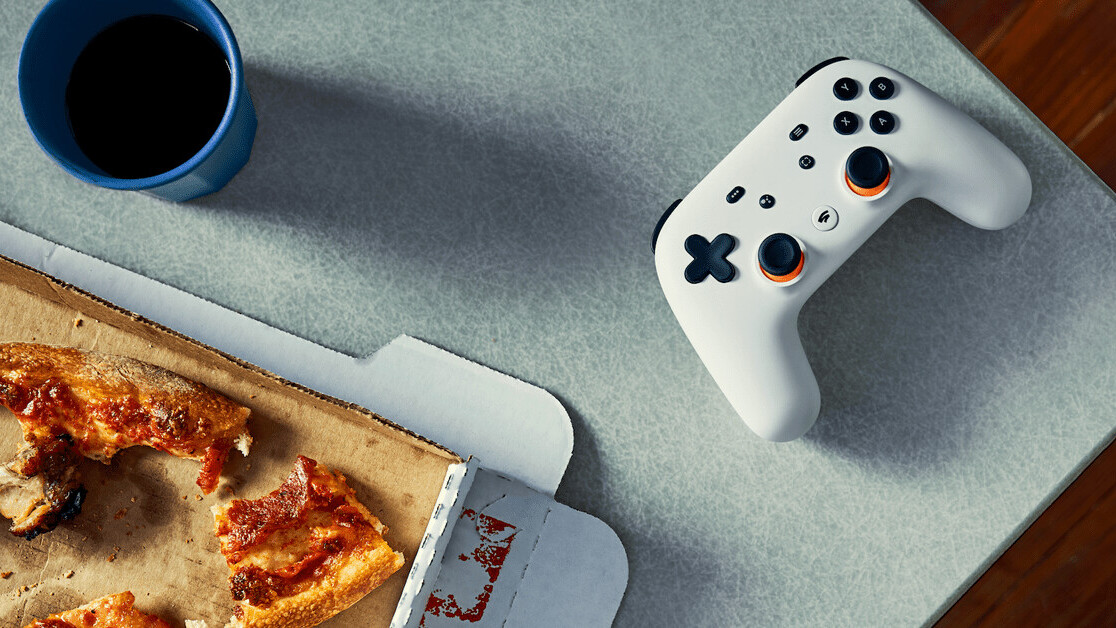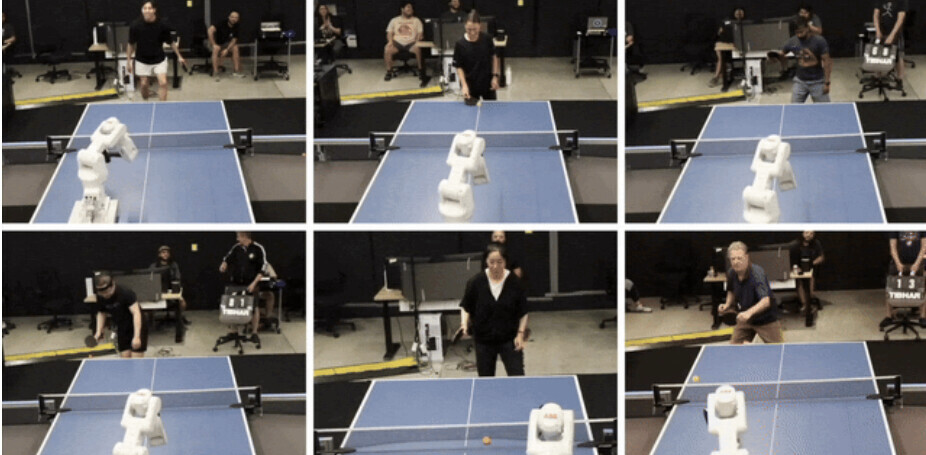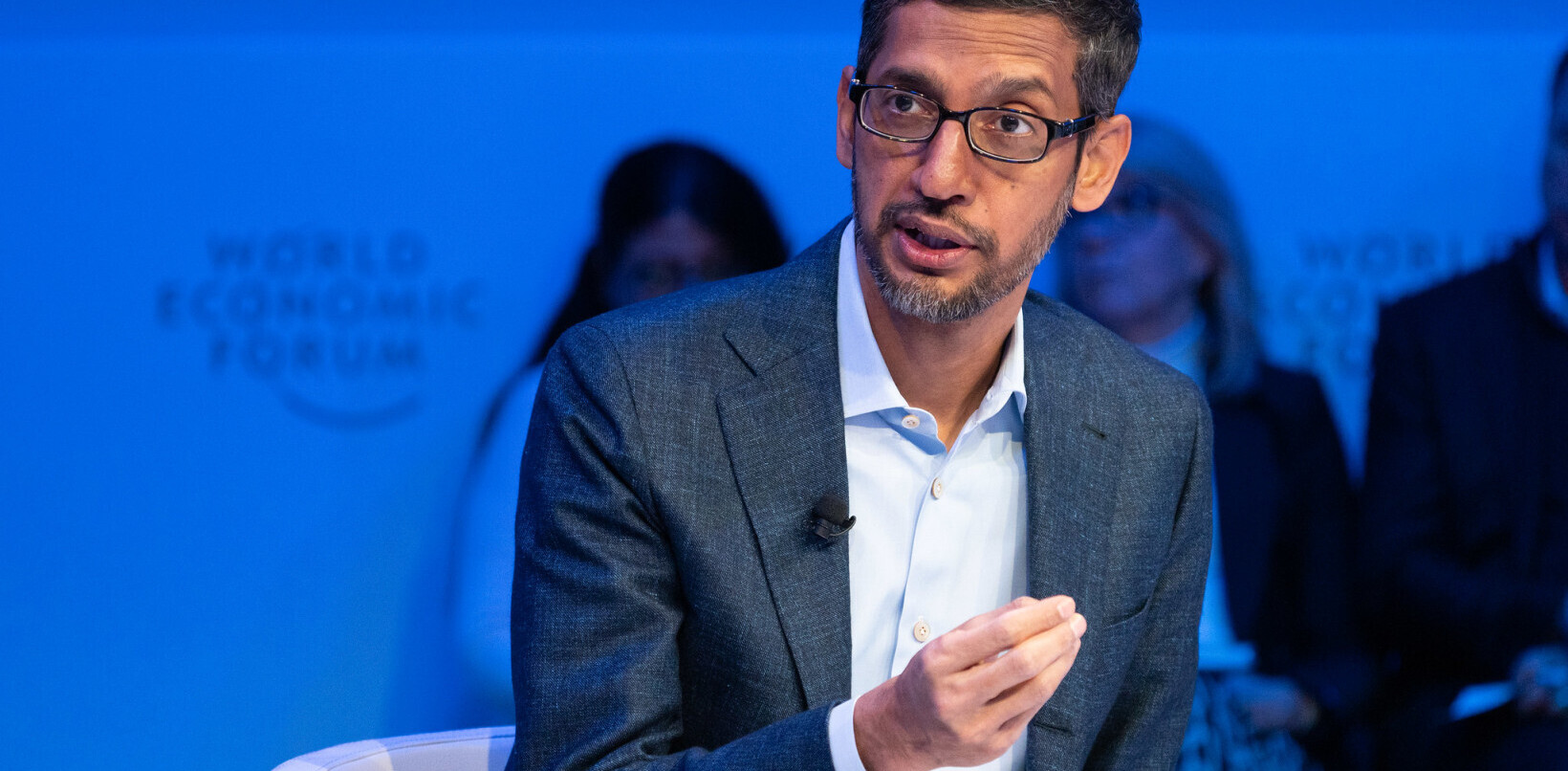
While both Microsoft and Sony are waiting until next year to release their next generation of game consoles, Google is beating them to the fight. With the launch of its streaming console: Google Stadia tomorrow, we see the search giant’s vision of the future of gaming.
Unlike its established competitors, Google is betting all its chips on streaming video games. The Xbox and PlayStation makers do have their own plans for streaming, but unlike Google they are not confident enough to forego their premium devices in favor of a streaming-only solution.
After having played around with the Stadia for a bit, I’m happy that the other two are still planning to release actual new consoles, but I’m also glad that Stadia offers a streaming-only alternative.
Starting tomorrow, consumers will be able to get their hands on Google Stadia’s $130 ‘Premier Edition’. This gets them the official controller, a Chromecast Ultra, and three months of Stadia Pro (which is required for 4K streaming, a free version called Stadia Base will launch some time next year). With this, you can play on your TV, most Google Pixel phones, tablets that run ChromeOS, and in your browser. Other Android devices and iOS are getting support next year.

At launch, the Premier Edition bundle will be the only way to use Stadia, but the search giant wants to roll out the service to every device natively in the future. The idea is that your smart TV will come with a built in Stadia app, to let you connect a controller (or mouse and keyboard if you’re so inclined), and start playing. The same goes for mobile. But that ubiquitous future still a way off, Google hasn’t announced a timeline yet.
Stadia launches with 22 games, including Destiny 2 and Samurai Showdown (both available for free for Stadia Pro subscribers), three different Tomb Raiders games, Red Dead Redemption 2, and the only one exclusive: Tequila Works’ Gylt. That should be plenty of titles to keep you entertained for a bit, were it not for the fact that most of these games have been out on other platforms for a while. Except for Gylt, of course.

It’s unfortunate for Stadia that DOOM: Eternal got delayed, the highly anticipated shooter was meant to launch alongside Google’s console as a showpiece title for the platform, but it got pushed back to next year, leaving Stadia without recent hits.
Last week I got a chance to mess around with four titles of the launch lineup at Google’s offices here in Amsterdam and the tech sure is impressive.
I expected Stadia to have some lag, maybe something like the lag you see on a poorly calibrated TV, but there was barely any. Even a game like Mortal Kombat 11, that requires precise timing to pull off special moves, was perfectly playable. I’m curious to see some real world tests with slow motion cameras once people get the Stadia in their hands, but I bet the results will be in Stadia’s favor.

Video quality-wise, Stadia performed OK. While
While the hardware is much cheaper than its competitors, the software isn’t. The prices of Stadia games (which you can only buy through your phone at launch) are comparable to the digital stores on the Xbox and PlayStation, with some deals for Stadia Pro subscribers thrown in the mix.
Here’s the full list of prices we know so far:
- Assassin’s Creed Odyssey – $59.99 ($30.00 with Stadia Pro)
- Gylt – $29.99
- Just Dance 2020 – $49.99
- Kine – $19.99
- Mortal Kombat 11 – $59.99 ($41.99 with Stadia Pro)
- Red Dead Redemption 2 – Launch Edition – $59.99
- Samurai Shodown – $59.99
- Thumper – $19.99
- Shadow of the Tomb Raider – $59.99
- Rise of the Tomb Raider – $29.99
- Tomb Raider 2013 – $19.99 ($10.00 with Stadia Pro)
- Final Fantasy XV – $39.99 ($29.99 with Stadia Pro)
Special Editions:
- Assassin’s Creed Odyssey Stadia Ultimate Edition – $119.99 ($60.00 with Stadia Pro)
- Mortal Kombat 11 Premium Edition – $89.99 ($62.99 with Stadia Pro)
- Red Dead Redemption 2 Special Edition – $79.99
- Red Dead Redemption 2 Ultimate Edition – $99.99
Unfortunately Stadia does not have a subscription service like Xbox’ Game Pass or PlayStation Now. These ten-dollar-a-month services get you loads of (older) free games, which would’ve been perfect for Stadia. The lack of such a service is especially damning, especially since Microsoft has announced that its streaming service will launch with Game Pass support next year.
Google has said that it will regularly add new free games for Stadia Pro users, but it hasn’t announced how often that will happen and it seems it will be more akin to the free games you get with your PlayStation Network / Xbox Live subscription than the more extensive libraries of the aforementioned Netflix-like services.

The promise of Stadia is a great one. A streaming service that plays games in 4K on any device without noticeable input lag is truly futuristic. And the computing power Google promises will allow devs to do things they’ve not been able to on any other platform.
But we’re not quite there yet. Right now, there is little reason for PlayStation, Xbox, or PC players to run out and buy this thing. Not just because of the missing features, but mostly because of the lack of unique titles that utilize Stadia’s insane amount of compute power to do anything we haven’t seen before.
As it stands, Google Stadia is just yet another way to play a relatively small collection of games. If you own a current gen console, you won’t need a Stadia. That will change as the service evolves, and as Microsoft and Sony release the next generations of their respective consoles.

By the end of next year, consumers will be forced to choose between a $400 (or more) PlayStation 5 / Xbox Two and Stadia, which probably won’t require any extra hardware by then. It’s not hard to see more casual consumers, who just play a game or two per year, going the Stadia route instead, especially if it’s already available as an app on their TV, supporting a controller they might already own.
We’ll see how that all shakes out in about twelve months. For now, the Stadia is an interesting proof of concept that works well, but it’s missing a killer app or feature to entice anyone who’s already invested in this console generation.
Get the TNW newsletter
Get the most important tech news in your inbox each week.





